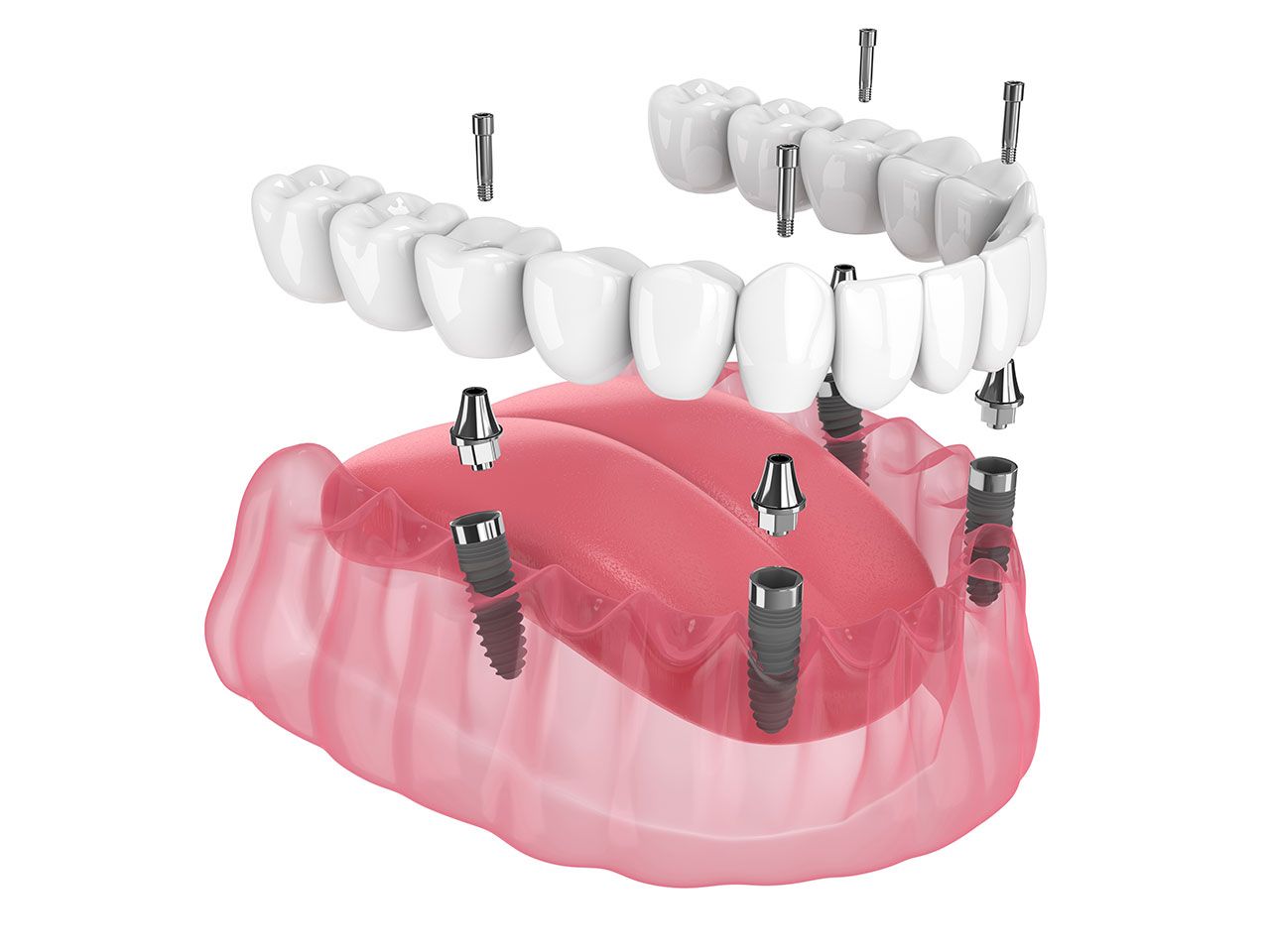Top Reasons Kids Need Regular Dental Check-Ups
Regular dental check-ups are important for everyone, but they are especially crucial for kids. As children grow, their mouths go through many changes. Regular visits to the dentist can help catch problems early before they become serious. These check-ups also teach kids how to look after their teeth and set the stage for good habits that last a lifetime.
Going to the dentist regularly helps children learn the right way to brush and floss. When kids start taking care of their teeth early on, they are less likely to face dental problems as they grow. Dentists can also make oral hygiene fun for kids with engaging lessons and tools, which makes it easier for them to stick to good habits.
Regular dental visits also allow the dentist to monitor how a child’s mouth is developing. They can check if the teeth and jaws are growing properly and if there are any needs for braces or other treatments. By keeping an eye on these developments, many potential alignment issues can be avoided, ensuring your child’s smile stays healthy and bright.
Early Detection of Dental Issues
Importance of Catching Problems Early:
Catching dental issues early can make a big difference in a child's oral health. When problems are found early, treatment can start right away. This can stop the issues from getting worse and becoming painful or costly to fix. Early detection helps avoid serious complications and keeps small problems from turning into big ones. Regular dental check-ups act like a safety net, ensuring that children's teeth and gums remain healthy as they grow.
Common Dental Issues in Children:
Children can face a variety of dental issues. Cavities are common due to sugary snacks and drinks. Gum disease can also occur if brushing and flossing are neglected. Malocclusion, or misaligned teeth, can affect children as their jaws grow. These issues can cause discomfort and make it harder for children to eat, speak, and smile. Identifying these problems early can help manage them effectively, preventing long-term damage.
How Regular Check-Ups Prevent Serious Problems:
Regular dental check-ups help prevent serious problems by ensuring that any issues are caught and treated early. During these check-ups, the dentist examines the teeth, gums, and overall mouth health. Cleanings remove plaque and tartar that daily brushing might miss. Dentists can spot signs of cavities, gum disease, and other issues before they become severe. This proactive approach keeps children’s smiles healthy and bright.
Educating Kids on Proper Oral Hygiene
Teaching Kids How to Brush and Floss:
Teaching kids how to brush and floss is key to maintaining their oral health. Children should brush their teeth twice a day using a fluoride toothpaste and a soft-bristled toothbrush. Brushing should last for about two minutes, covering all surfaces of the teeth. Flossing is just as important, as it removes food particles and plaque from between teeth where the toothbrush can't reach. Parents can help by supervising and guiding their kids’ brushing and flossing routines until they are confident doing it on their own.
Importance of Establishing Good Habits Early:
Establishing good oral hygiene habits early sets the foundation for a lifetime of healthy teeth and gums. When kids learn to take care of their teeth from a young age, they are more likely to continue these habits into adulthood. Good habits prevent dental issues like cavities and gum disease. Regular brushing and flossing help keep teeth clean and free of plaque, which is the main cause of most dental problems. Teaching kids the importance of oral health can also encourage them to value their overall well-being.
Fun Ways to Make Oral Hygiene Engaging:
Making oral hygiene fun can encourage kids to stick with their routines. Here are some ideas:
1. Let kids pick their own toothbrush with fun designs or their favorite characters.
2. Use a toothbrushing app or timer to make sure they brush for the full two minutes.
3. Create a rewards chart where kids earn stickers for brushing and flossing daily.
4. Make brushing and flossing a family activity so that kids can learn by watching parents.
Turning oral hygiene into a fun and rewarding experience helps kids develop these important habits while enjoying the process.
Monitoring Dental Development and Growth
Tracking the Development of Teeth and Jaws:
Monitoring the development of teeth and jaws is crucial during a child's growth. Regular dental check-ups allow the dentist to track how their teeth are erupting and if their jaws are growing properly. This helps ensure that everything is developing as it should. Early detection of issues can guide better treatments. Regular X-rays and examinations help dentists see the underlying structures of teeth and bones, making it easier to spot potential problems early.
Identifying Orthodontic Needs Early:
Early identification of orthodontic needs can prevent more serious alignment issues down the road. Dentists can assess whether a child may need braces or other orthodontic treatments. If detected early, some issues can be treated more easily and painlessly. Addressing these needs sooner rather than later can make the treatment process shorter and more effective. This proactive approach helps maintain both the health and appearance of a child’s smile.
Preventing Potential Alignment Issues:
Regular monitoring can also help prevent potential alignment issues. If the dentist notices that the teeth are not coming in straight or the jaws are not aligning well, they can recommend solutions to guide proper alignment. This might include space maintainers, early braces, or other interventions. Catching and addressing these problems early can prevent discomfort and complex treatments in the future, ensuring that the child's teeth have the best chance to develop correctly.
Preventative Treatments to Keep Teeth Healthy
Benefits of Fluoride Treatments:
Fluoride treatments play an important role in keeping kids' teeth healthy. Fluoride helps strengthen the enamel, making it harder for cavities to form. During a regular check-up, the dentist can apply fluoride varnish to the teeth, providing extra protection. This treatment is especially important for children who are prone to cavities. Fluoride treatments are quick, painless, and very effective in keeping teeth strong and healthy.
Importance of Dental Sealants:
Dental sealants are another great preventative measure. Sealants are thin, protective coatings applied to the chewing surfaces of the back teeth where cavities are most likely to develop. They create a barrier against food particles and bacteria. Applying sealants is simple and non-invasive, and they can last for several years. Sealants significantly reduce the risk of cavities, making them an excellent choice for long-term dental health.
Professional Cleanings and Their Role in Prevention:
Professional cleanings are vital in preventing dental problems. During a cleaning, the dental hygienist removes plaque and tartar that regular brushing and flossing might miss. This helps prevent cavities and gum disease. Regular cleanings keep teeth looking their best and gums healthy. They also allow the dentist to examine the mouth thoroughly, spotting any issues early. These cleanings are a key part of maintaining good oral health and preventing future dental problems.
Conclusion
Making sure kids have regular dental check-ups is incredibly important for their overall health and well-being. These visits help in catching problems early, teaching proper oral hygiene habits, and monitoring the development of teeth and jaws. Early detection of dental issues, like cavities or alignment problems, can prevent them from becoming bigger and more difficult to treat. Educating children on how to care for their teeth and making it a fun experience sets the foundation for lifelong healthy habits.
Regular check-ups also offer valuable preventative treatments. Fluoride applications strengthen enamel, while sealants protect against cavities. Professional cleanings keep teeth and gums in top shape and allow the dentist to catch minor issues before they escalate. Investing in regular dental visits ensures that children's smiles stay healthy and bright, paving the way for better oral health and higher self-esteem.
For gentle, family-oriented
dental care in Annapolis, trust the team at Aria Dental of Annapolis. Schedule your child's next dental check-up with us today to keep their smile healthy and strong. Book your appointment now!
Share This Post




